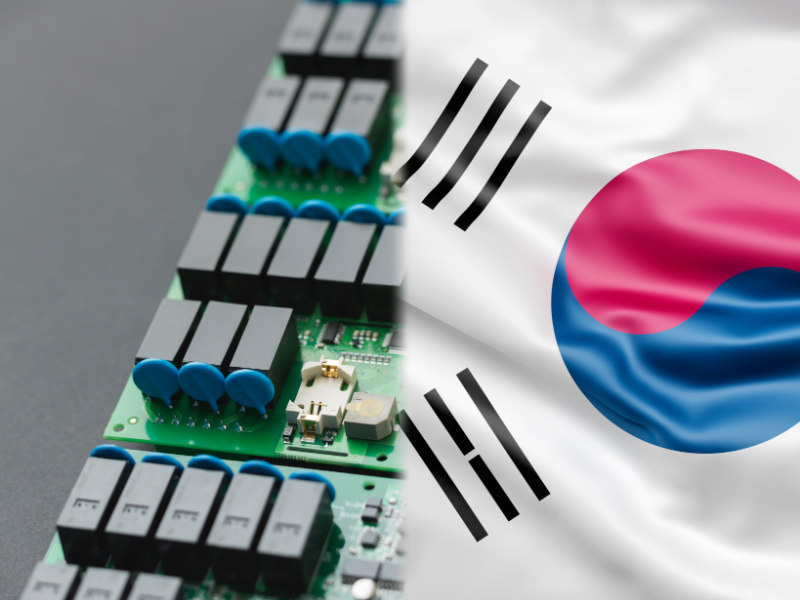- South Korean President Yoon Suk Yeol has announced a $1 billion fund to bolster innovative AI chipmakers, aiming to propel South Korea to the forefront of AI technology.
- The local government is spearheading a $454 billion semiconductor “mega cluster” in Gyeonggi-do Province, aimed at centralising chip manufacturing and research facilities while bolstering infrastructure support with expanded power grid capabilities.
South Korean President Yoon Suk Yeol has announced plans to create a $1 billion fund aimed at supporting the growth of innovative AI chipmakers.
Ambitious goal
President Yoon revealed the plan at a meeting convened on April 9, where he outlined his vision for South Korea to become one of the top 3nations in AI technology globally and to account for more than 10% of global semiconductor production by 2030.
Yoon said: “To set up an all-out response system that rises to the level of that for a wartime situation, we will review all proposals to attract semiconductor industries starting with investment incentives. We will comprehensively compare and analyse the investment climates and support systems of key countries to devise bold assistance customised for our country’s circumstances.”
Korea is among the nations aiming to secure a larger share of the semiconductor market. This push comes in response to the global hardware shortage caused by the water shortages and the pandemic-induced halt in chip production in Taiwan in 2020.
Also read: 5 women that are changing the AI industry
Also read: Artists vs AI: Who will win the copyright fight of the century?
South Korea’s investment
To bolster South Korea’s semiconductor industry, the local government is investing in the development of a semiconductor “mega cluster” in Gyeonggi-do Province.
This initiative aims to centralise chip manufacturing, equipment production, and research and development facilities, consolidating resources and expertise. The project is estimated to cost $454 billion.
Yoon stated that the government would supply electricity and industrial water for the site, in line with his administration’s recent passage of a bill aimed at expanding the nation’s power grid to support the project.

